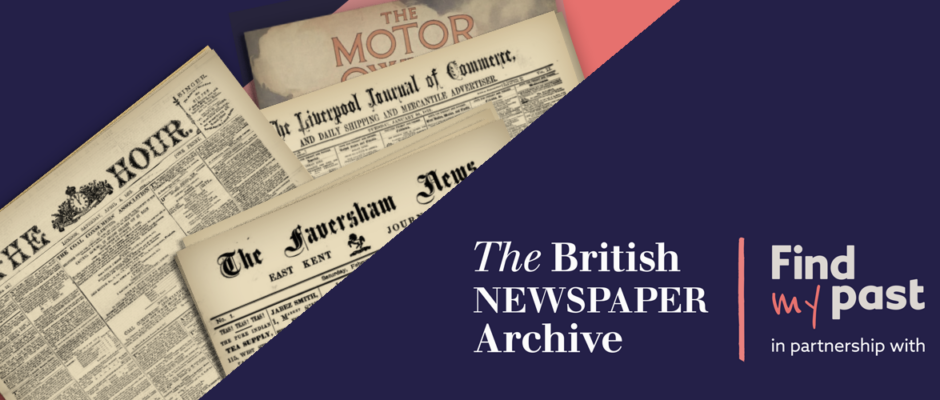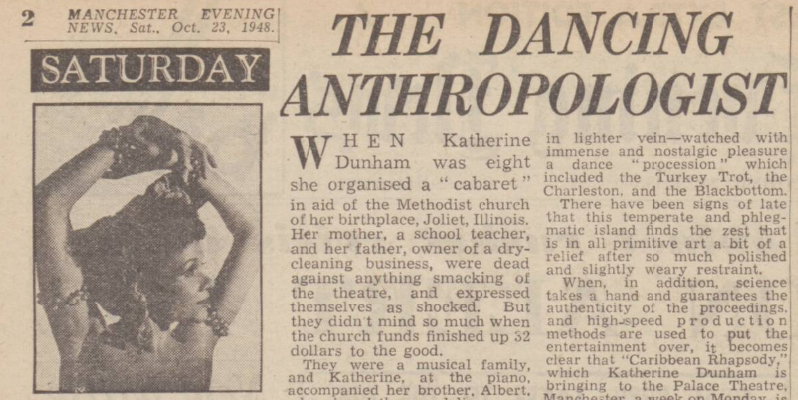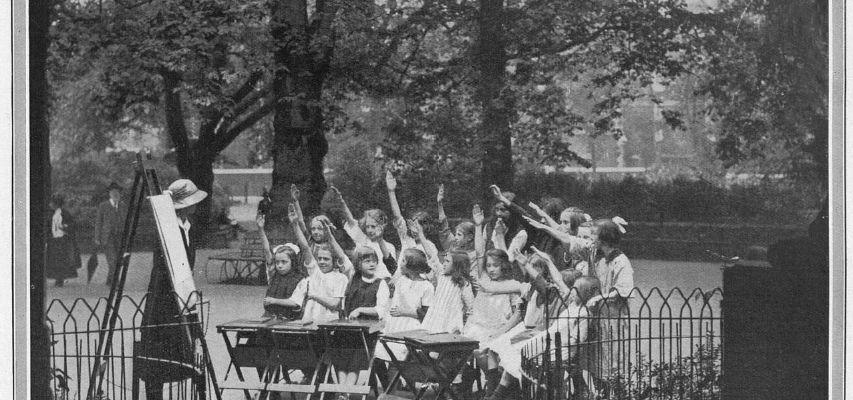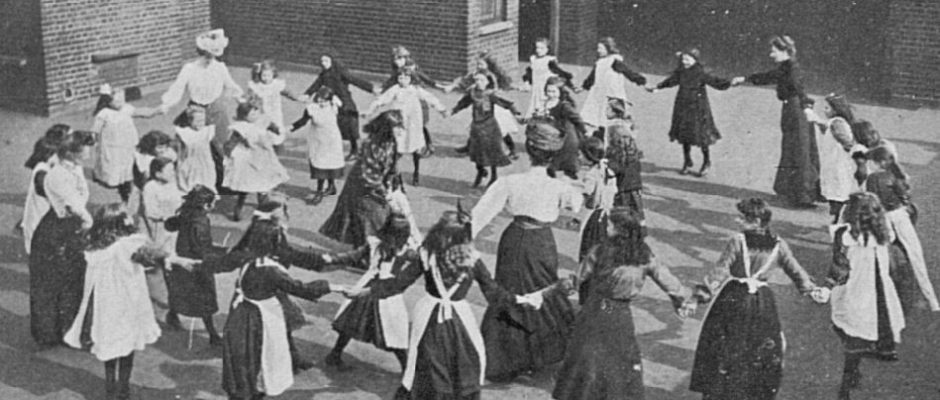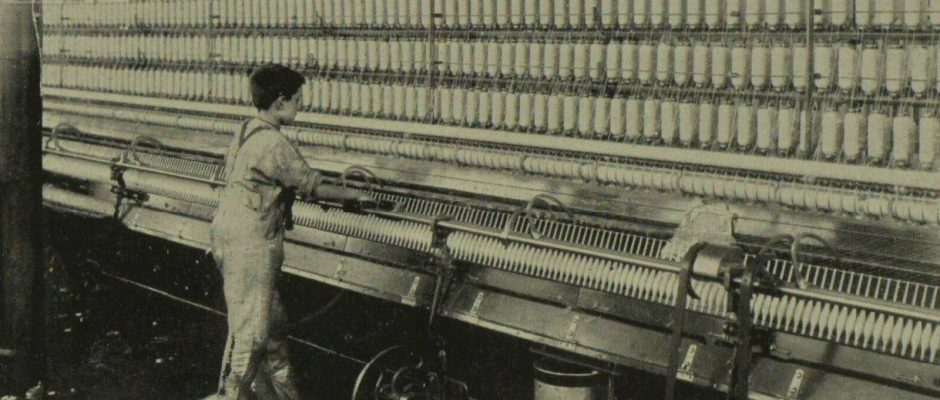This week at The Archive we are going back to school with the addition of a duo of new scholastic titles, the Educational Times and the Woman Teacher. As if that wasn’t exciting enough, we’ve added another new title, the Argyllshire Advertiser, whilst we’ve also now surpassed the 83 million pages mark, as we have added a total of 258,481 brand new pages over the last week alone. Meanwhile, from Belfast to Beverley, from Derry to Durham, from Peterborough to …
education history
Born in 1909 in Chicago, ‘dancing anthropologist’ Katherine Dunham was known as the ‘matriarch and queen mother of Black dance.’ Her father was a descendant of enslaved West Africans and Madagascans, whilst her mother hailed from Canada. A multitalented artist, academic and activist, for many years Katherine Dunham ran the Katherine Dunham Dance Company, the only self-supporting African-American dance troupe in the mid-twentieth century. It was during this time that Dunham toured the United Kingdom, and in this special blog, …
Tags
In the early 1900s British authorities took a new approach to education: open air schools. Inspired by methods of teaching in Germany, these open air schools were intended to provide disadvantaged city children with fresh air, alleviating their poor health and preventing the spread of tuberculosis. In this special blog, using newspapers taken from our Archive, we will investigate the open air schools of the 1900s, from their early inception, to how they continued to play a role in education …
Tags
This week at The Archive we have added 5 brand new Irish titles to our collection, including the Constabulary Gazette, which was the ‘accredited organ of the Royal Irish Constabulary.’ Meanwhile, our other Irish titles cover the counties of Kerry and Wexford, whilst we have added 52,710 brand new pages in all to The Archive over the past seven days. So read on to discover more about our new Irish titles of the week, and also to learn about the …
Tags
In October 1823, the Public Ledger and Daily Advertiser asserted: The charge and duty of Government are not merely to increase the numbers of men, but to promote and increase their happiness. Industry is the most powerful engine of this happiness, because it is the spring of all their riches. Government, then, should encourage labour, and by due reward, endeavour to avail of, and augment its useful products… The article, entitled ‘Political Economy,’ goes on to recommend how ‘the power of labour …


